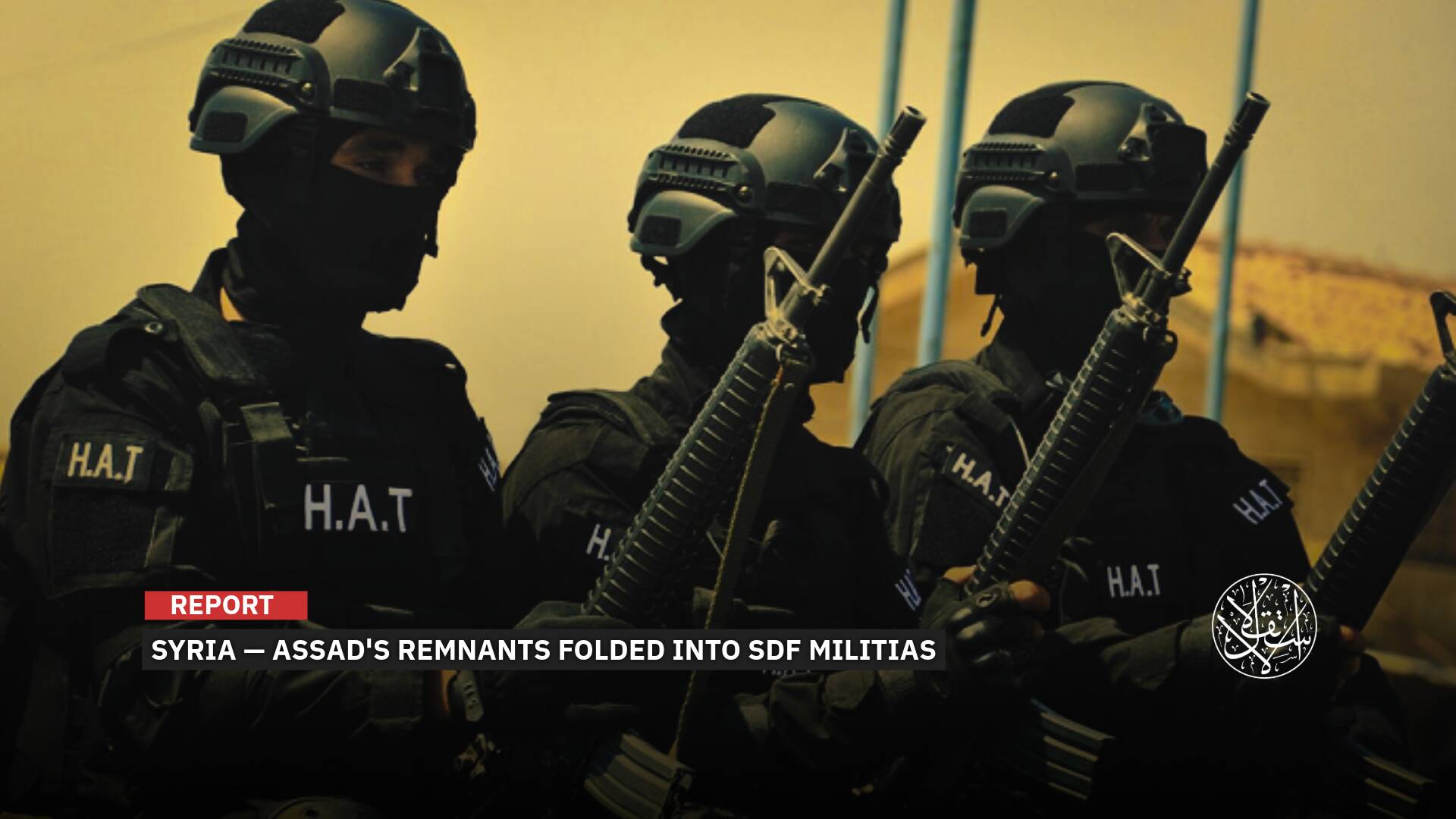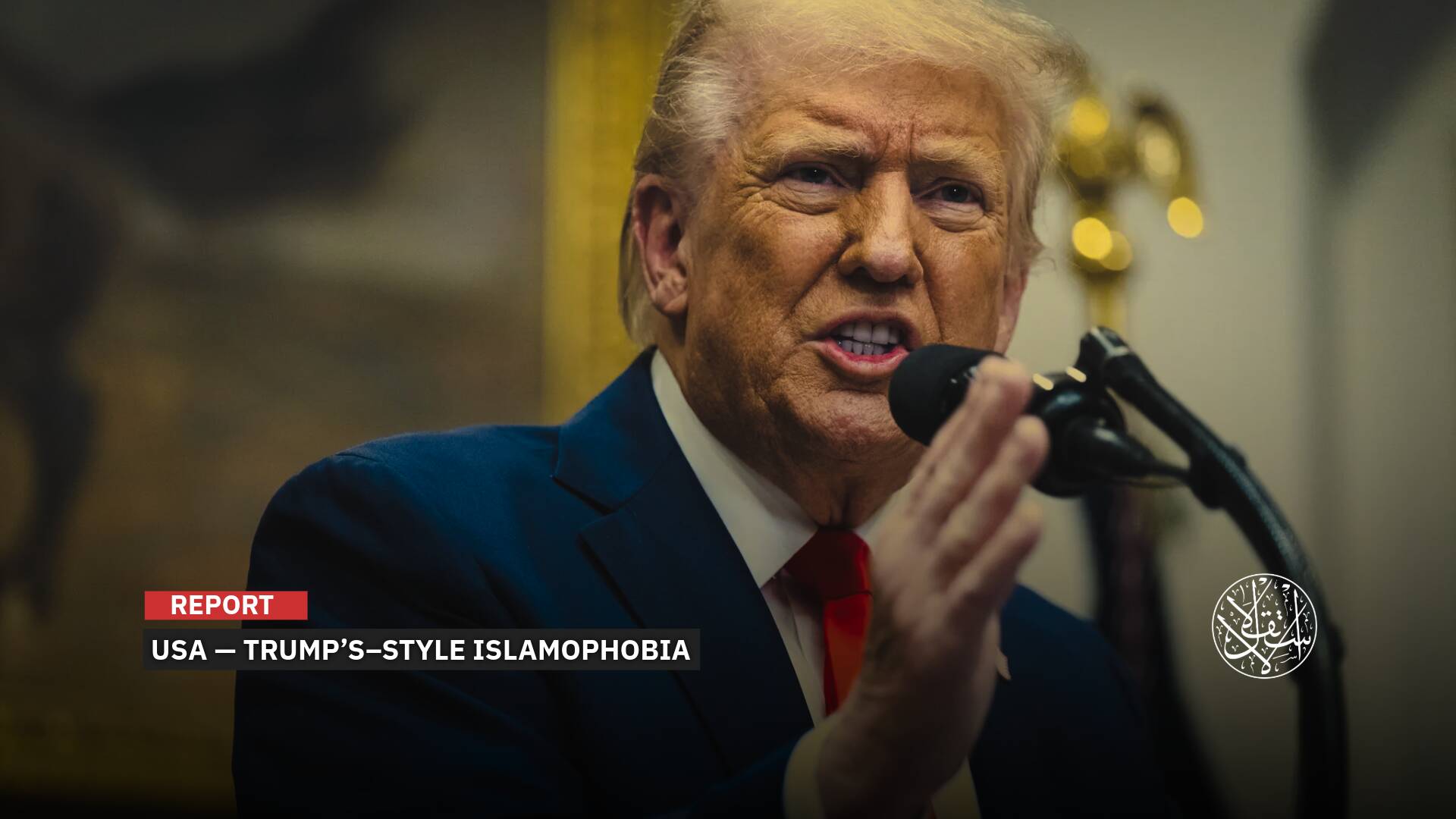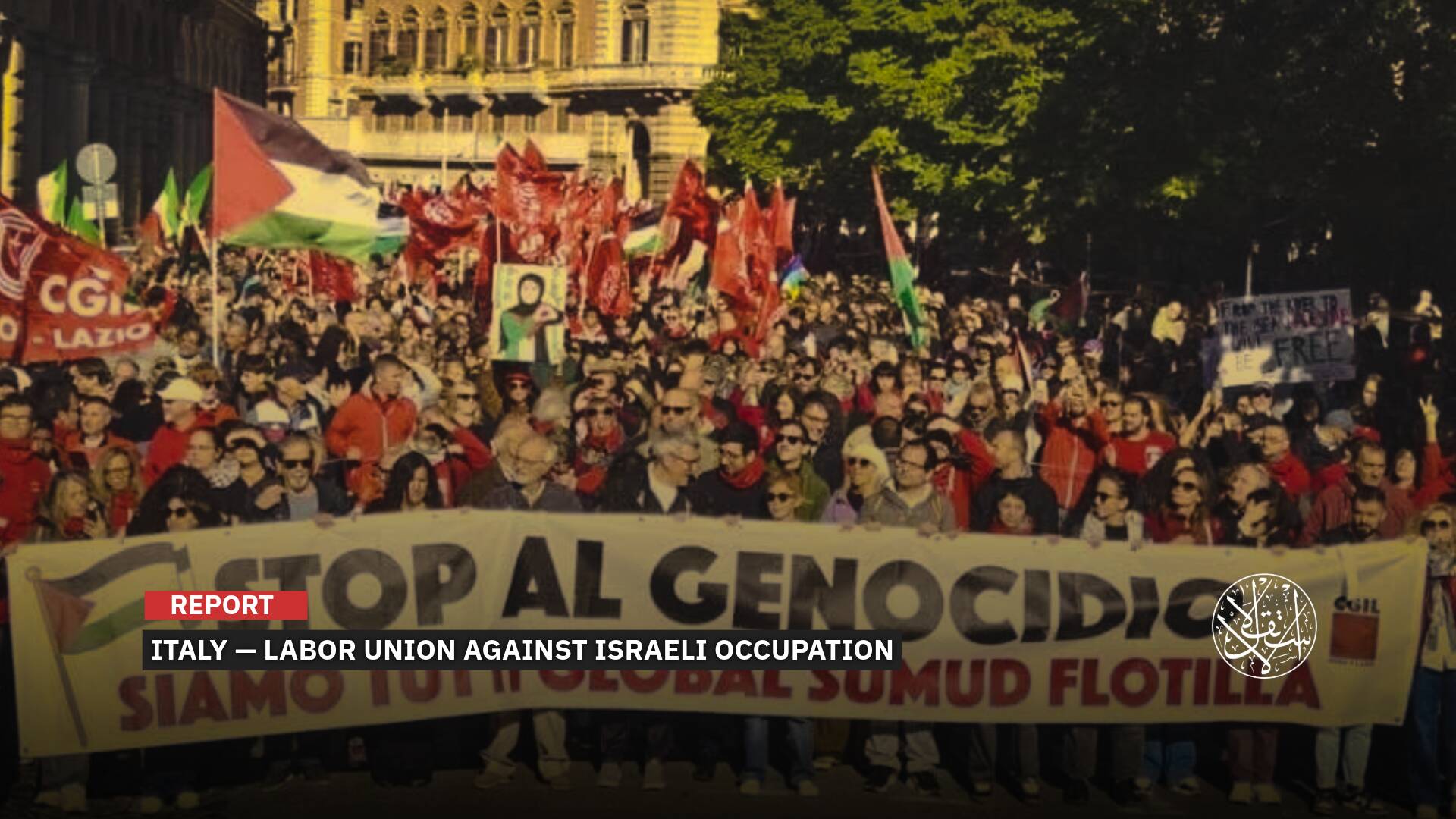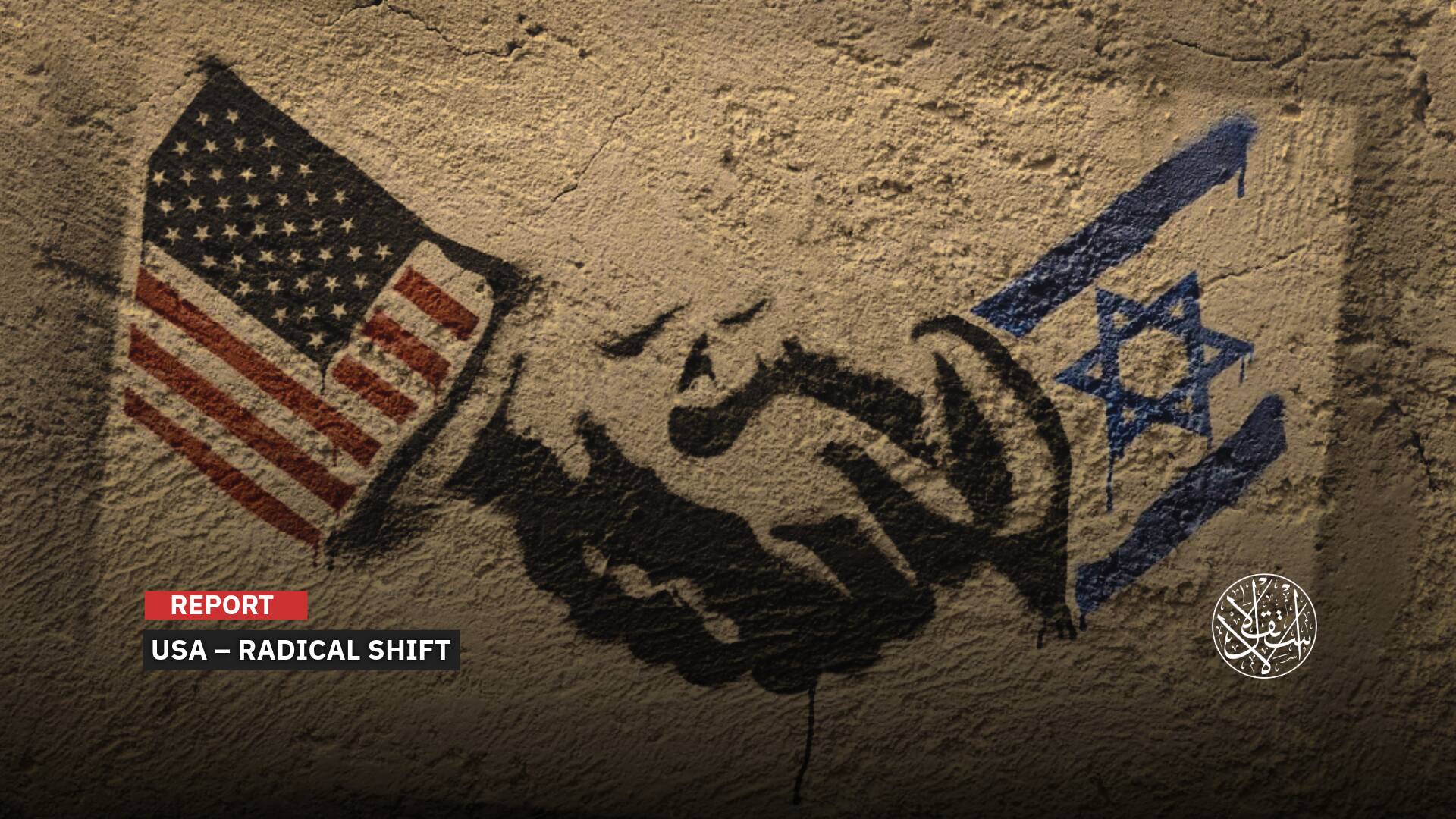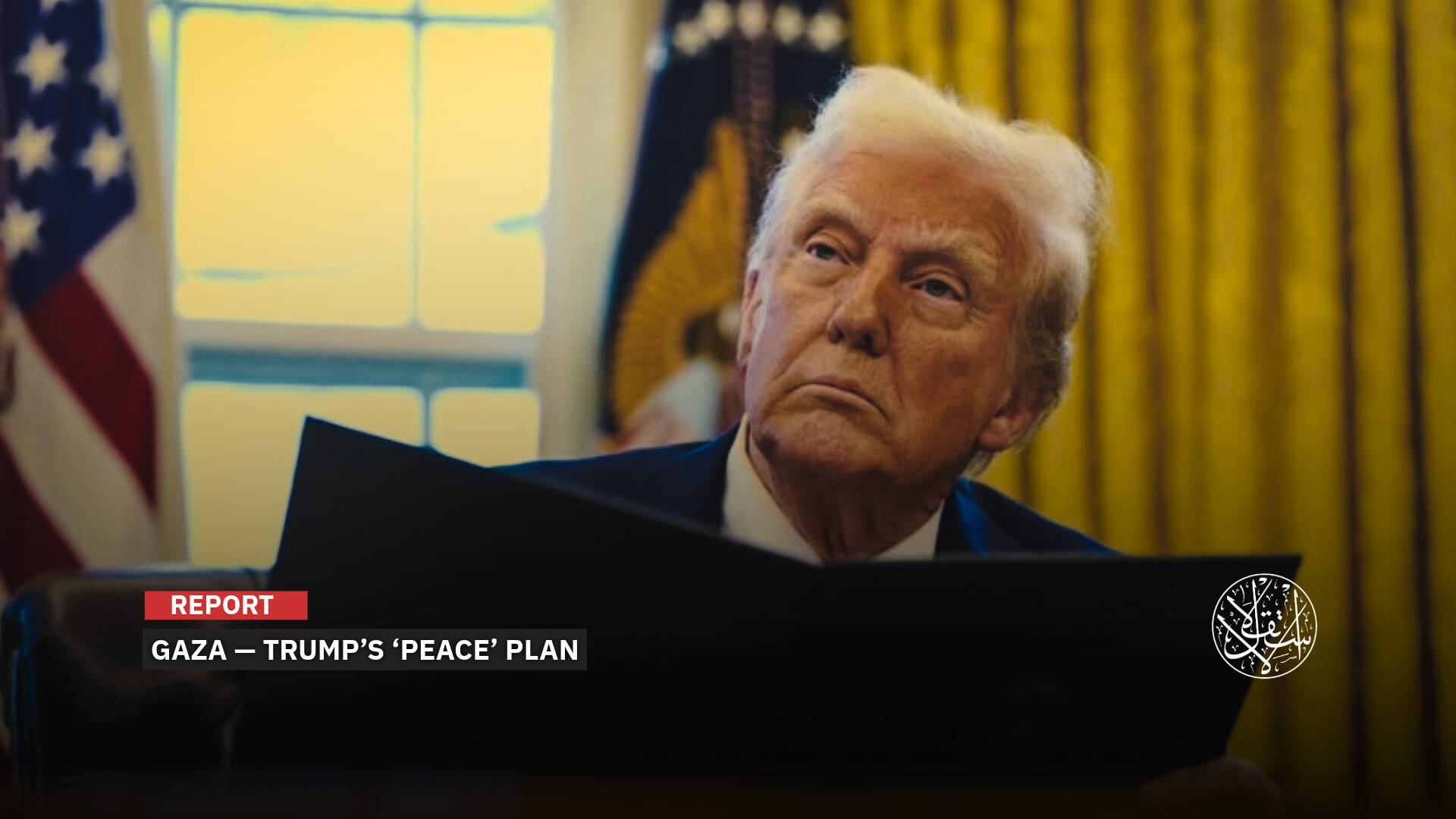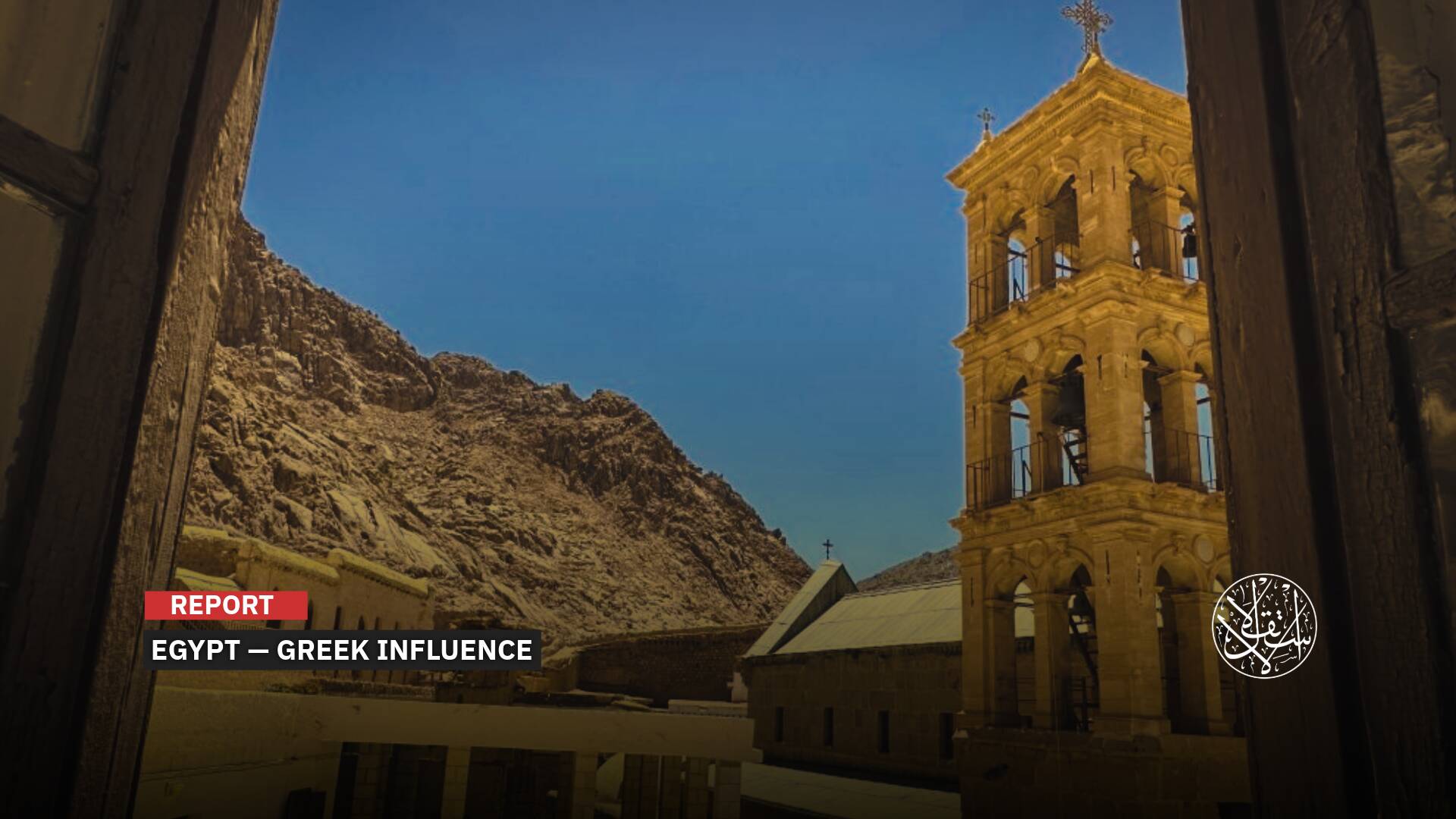After Years of Coercion: How American Muslims Triumphed Legally Against the FBI

Human rights groups have documented the injustice surrounding the U.S. No-Fly List's devastating consequences on the lives of American Muslims.
Since the events of September 11, 2001, the Federal Bureau of Investigation (FBI) has placed dozens of American Muslims on no-fly lists, preventing them from air travel on suspicion of being "potential terrorists."
Exploiting this issue, the FBI coerced some American Muslims into working as informants to spy on mosques and Muslim activities in exchange for removing their names from these lists.
However, on March 19, 2024, the U.S. Supreme Court issued a historic ruling in favor of a Muslim American citizen after years of delays and appeals in multiple courts.
What's The Story
The story goes back to an attempt by FBI agents ten years ago to coerce a Somali–American Muslim living in Sudan named Yonas Fikre into becoming an agent for them in exchange for his right to return to the United States, but he refused.
When he attempted to travel to America, the FBI warned him against traveling, harassed him, and sought to fabricate charges against him, prompting the Council on American-Islamic Relations (CAIR) to file a lawsuit against them, which lasted for ten years until the citizen won.
Fikre had objected to his inclusion on the no-fly list, arguing that it violated due legal procedures and amounted to discrimination based on race, national origin, and religion, and he obtained a historic ruling, according to The New York Times on March 19, 2024.
Fikre moved from Oregon to Sudan in 2009 to build his company. He said that the FBI had placed him on the list after he had refused to become a government informant.

When he returned to Oregon in 2015, the government claimed to have removed him from the list to evade the lawsuit and demonstrate that it had no merit.
Fikre asserted that he had been tortured and imprisoned in the UAE at the request of U.S. officials due to his inclusion on the no-fly list and his refusal to work as an informant for the FBI.
He filed a lawsuit against the FBI in 2013, especially after he became stranded in Sweden and unable to return to America, according to CAIR on March 20, 2024.
In a significant precedent, all nine Supreme Court justices ruled in favor of Fikre's lawsuit, allowing him to sue the FBI regarding his placement on the no-fly list on the grounds that it violated his rights.
They rejected the government's claim that removing him from the blacklist renders the lawsuit invalid, affirming that the latter failed to prove that the issue was under discussion, but rather, there was deception by claiming his removal from the list when the lawsuit was filed.
The No-Fly List
The No-Fly List is part of the U.S. government's terrorism watchlist, which prohibits known or suspected terrorists from flying to, from, within, or over the United States.
More than 81,000 individuals were listed on the No-Fly List by 2016, according to the American Civil Liberties Union (ACLU), as reported by JURIST on March 20, 2024.
The list began expanding rapidly after the September 11, 2001 attacks on the World Trade Center towers in New York, which were attributed to al-Qaeda, raising concerns about discrimination.
The list differs from Executive Order 13769, formally titled "Protecting the Nation from Foreign Terrorist Entry into the United States," politically known as the "Muslim Ban," issued by former President Donald Trump on January 27, 2017, to prevent the travel and immigration of Muslims from 7 Arab countries.
The Council on American-Islamic Relations (CAIR) saw this list as resulting in "compulsory exile" for American Muslims when traveling abroad and then desiring to return to the United States.
Over the past decade, CAIR emphasized that American Muslims stranded in various countries, including Egypt, Africa, and Sweden, were unable to return to their homeland due to their inclusion on the No-Fly List.
They advised American Muslims traveling abroad to obtain a lawyer's number to contact if they were prevented from returning, as they received numerous reports of American Muslims stranded abroad and were unable to return.
These barred Muslims from returning to their countries are deprived of legal representation rights and are subject to FBI pressure to waive their constitutional right to "remain silent," with some having their passports confiscated by U.S. embassies abroad.
When they attempt to return to their countries, FBI agents threaten them with never returning to the United States if they do not waive their constitutional rights, and some succumb to the threats, answering FBI questions without a lawyer present.
Hina Shamsi, director of the ACLU National Security Project, told The New York Times on March 19, 2024, that human rights groups have documented the injustice surrounding the No-Fly List program and its devastating consequences on the lives of American Muslims.
She described the Muslim No-Fly List program as a black box, with the FBI not only leaving individuals in the dark about why they were listed but also failing to explain the reasons for their inclusion or removal from the list or any guarantee against being illegally listed in the future.
According to the American Civil Liberties Union, those put on the list are Muslims or of Arab, Middle Eastern, or Southeast Asian descent.
CAIR and the ACLU have sought to file multiple complaints since 2010 due to the inclusion of hundreds of American Muslims on the No-Fly List without providing reasons or informing those whose names were added to the list.
They urged successive presidents, especially Barack Obama and Joe Biden, to reconsider troublesome procedures that deny the constitutional rights of American Muslims, according to statements released by the American Civil Liberties Union.
Secret Surveillance
On July 15, 2010, The New York Times published a report about a young American Muslim named Yahya Wehelie, who was said to have been stranded in Cairo since May 2010 after FBI agents at Cairo Airport prevented him from flying while changing planes on a flight from Yemen to the United States.
The newspaper stated that Wehelie was offered by FBI agents, after hours of interrogation in Cairo, to return to the United States in shackles and under guard, but they also refused.
It added that Wehelie's case reflects the hostile reaction of counterterrorism officials toward Muslims whenever there is any terrorist threat unrelated to them, such as the attempted car bombing in Times Square in New York in 2010.
The issue of the No-Fly List was also raised in May 2023 when the mayor of Prospect Park, New Jersey, Mohamed Khairullah, was prevented from entering the White House before an Eid celebration.
Khairullah stated that he was invited to visit the White House as part of a group of elected American Muslim officials from across the country to celebrate the end of Ramadan but was notified that he would not be allowed to do so because his name was on the Secret Surveillance List.
Mohamed Khairullah, along with 11 other American Muslims, filed a lawsuit against the Joe Biden administration to end the FBI's Secret Surveillance List, which was leaked in 2019, and to stop the government's policies toward Muslims.
In 2019, a Swiss hacker managed to uncover the FBI's Secret Surveillance List, which was leaked online due to a technical glitch in a private internet server of an American airline company.
The list published by Daily Dot for the first time included a set of names from the U.S. database for screening to ensure they had no links to terrorist activities and a list of those banned from air travel.
Implications of the Ruling
The recent Supreme Court ruling in favor of Yonas Fikre effectively forces the FBI to review the No-Fly List — which rapidly expanded after the September 11, 2001 attacks and includes 81,000 Muslims — deemed by many Muslims as a historic victory.
CAIR welcomed the Supreme Court's decision, which allows the council to challenge the federal No-Fly List on behalf of Yonas Fikre.
Nihad Awad, the executive director of CAIR, described the Supreme Court's decision as "historic" against the FBI and opening the door to holding the government accountable for its historic unlawful practices against Muslims in America.

American Muslim lawyer Dina Chehata confirmed that the FBI is tightening the noose on Muslims in the United States amid the ongoing Israeli aggression on the Gaza Strip.
She told Anadolu Agency on March 20, 2024, that complaints have focused on American investigators questioning Muslims about whether they support the Islamic Resistance Movement (Hamas).
Chehata, the director of civil rights at CAIR in Los Angeles, said her office received numerous complaints from Palestinian, Arab, and Muslim communities within a few days.
These individuals reported being subjected to scrutiny, surveillance, and intense interrogation by FBI agents who contacted them either by phone or visited their homes for questioning.
She emphasized that the Supreme Court's ruling is a significant victory for Muslims who have been mistreated by the FBI, and it will alleviate the bureau's attempts to exploit and coerce them into spying.



